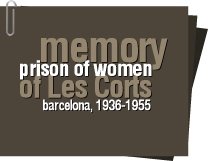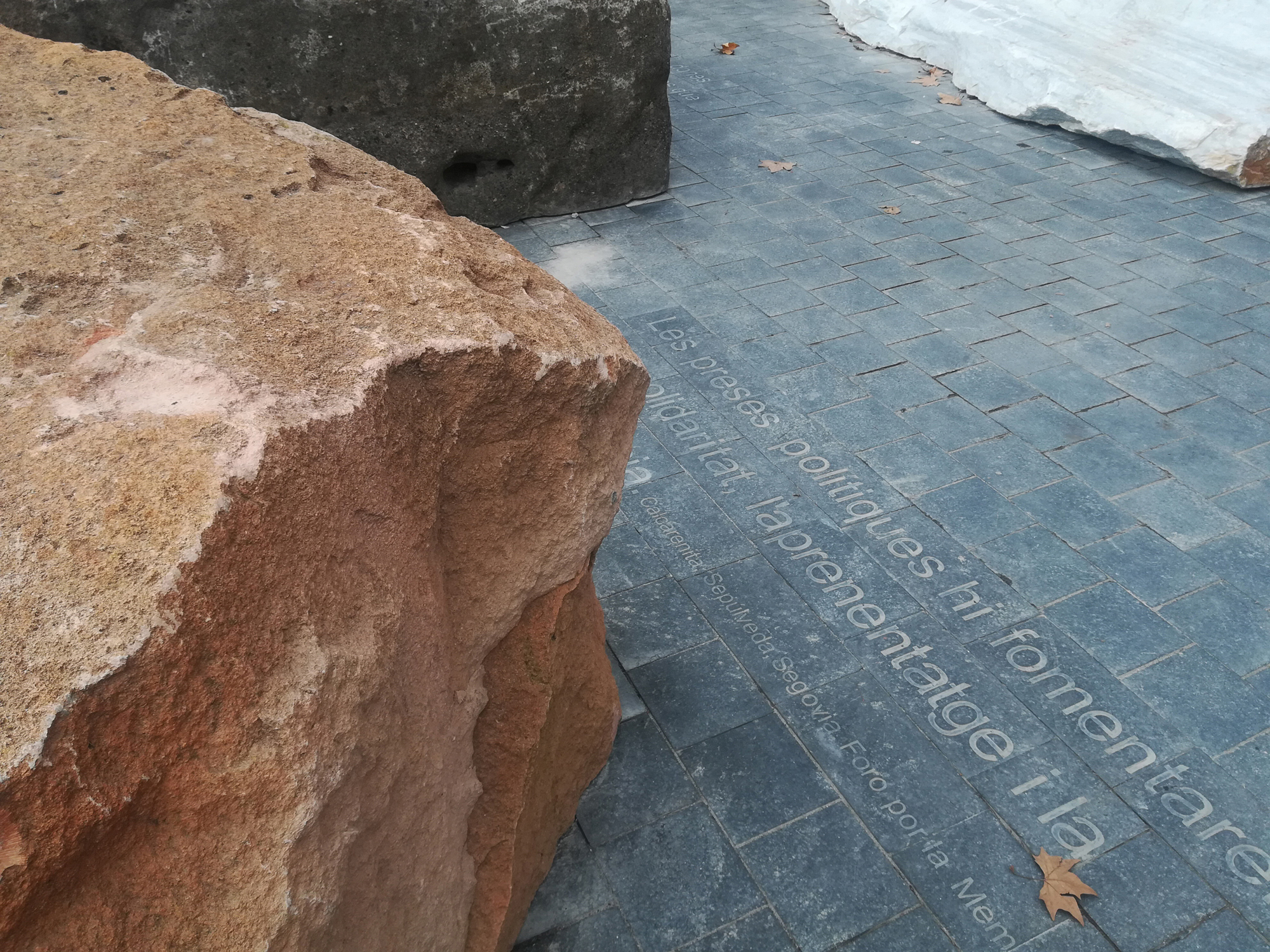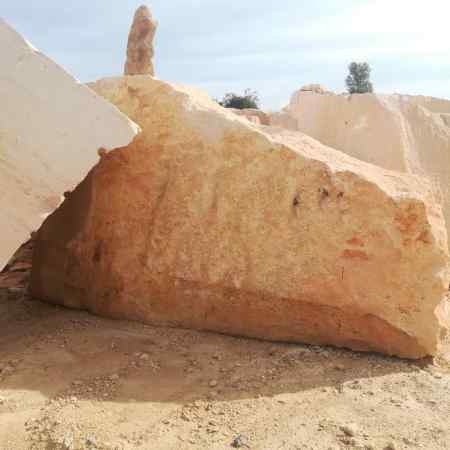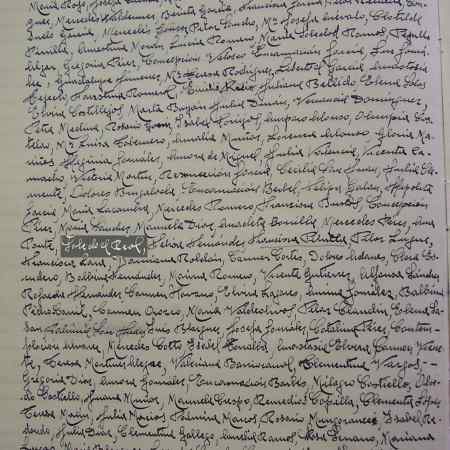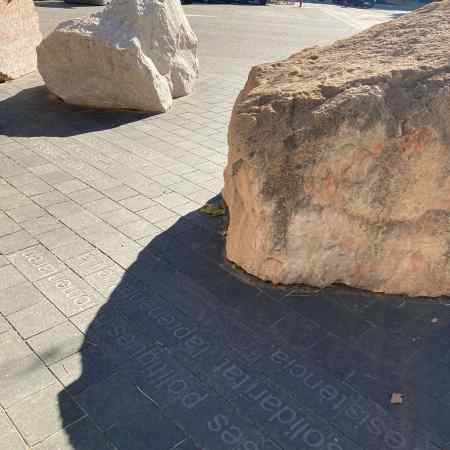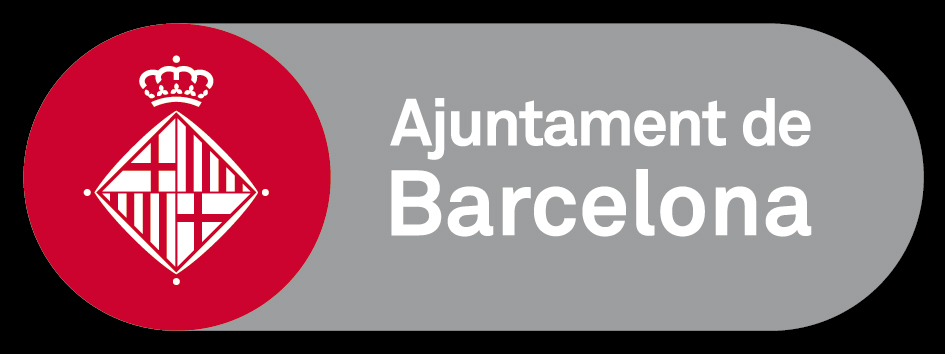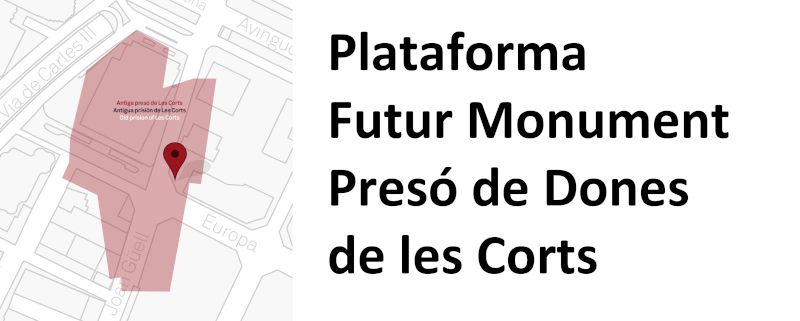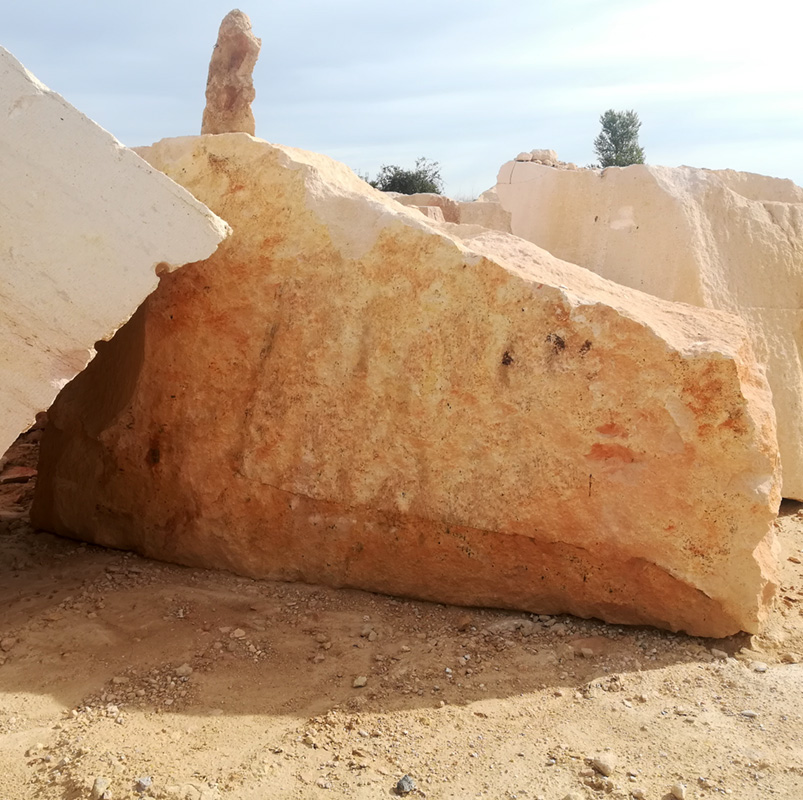
Political prisoners
The political prisoners promoted solidarity, learning and resistance
CALCARENITE FROM SEPÚLVEDA (SEGOVIA)
FORUM FOR THE PROMOTION OF MEMORY OF SEGOVIA (FORO POR LA MEMORIA DE SEGOVIA)
The practices of solidarity and political and cultural self-learning were key towards the survival of the political prisoners. The aim was to continue the resistance against the Franco regime inside the prison, each woman from within the discipline of their political organisation: communist, anarchist, socialist or nationalist. Acts of disobedience, clandestine celebrations of republican festivities and hunger strikes were all different ways to fight against the dictatorship.
But the personal was political and vice versa. The intention was to encourage solidarity and to compensate for the inequalities with the improvisation of informal networks like the comunas -“communes”-, small affinity groups where a “mother” would collect the food parcels and other resources received by each inmate and redistribute them according to the individual needs. The study of political and cultural subjects conducted by the inmates with a higher degree of literacy, of languages, along with the commitment to developing greater political awareness, are all examples of the range of activities embraced by the political prisoner, who was proud of her identity as a fighter against the regime.
The Foro por la Memoria de Segovia (Forum for the promotion of Memory of Segovia), inserted in the wider Federation of Fora for the promotion of Memory in the Spanish State, was created with the objective of remembering and dignifying the men and women of Segovia, who had been members of the resistance against the dictatorship, as well as victims of the Franco regime and Fascism.
Juan Carlos García Funes and Santiago Vega Sombría, who are both members of this group, wrote, some time ago, a revealing article about the legendary hunger strike organised by the female political prisoners in Segovia’s Central Prison in January 1949. Some of the Catalan prisoners that feature on this website, such as Soledad Real or María Salvo, also took part, and were repressed on account of their involvement in this strike.
The Foro have been the sponsors behind the installation of an exhibition dedicated to restore their memory inside the building of the old prison, which has now been given a new impulse as La Cárcel_Segovia Centro de Creación (The Prison-Segovia Centre for Creativity).. In mars of 2024 a Democratic Memorial was installed in the buillding, with the support of Segovia City Counciil and General Directorate of Democratic Memoy of Spanish Governemnt, which remembers the passing of political presoners at líticas en the cerlls 1-4.

